Why Buying a Home in 2025's Uncertain Economy Could Be Your Best Financial Move
In today's shifting economic landscape, homeownership stands out as a powerful strategy for building wealth and securing your financial future. While market headlines might seem concerning, the current environment actually presents unique opportunities for savvy buyers. Here's why purchasing a home

Maximizing Home Equity: Seizing a Once-in-a-Lifetime Financial Opportunity
In a significant shift for the U.S. housing market, American homeowners now collectively hold $11.2 trillion in home equity. While this record-breaking figure offers new opportunities, many are making a critical mistake in how they manage this wealth. Home Equity Loan vs. HELOC: Making the Right

Home Equity Loan vs. HELOC: Which One Is Right for You?
The ability to access cash from your home's equity is just one of many advantages of being a homeowner. Homeowners can use home equity loans and home equity lines of credit (HELOCs) when renovating their homes, paying for higher education, consolidating debt or just about any other purpose. A home
Categories
Recent Posts










